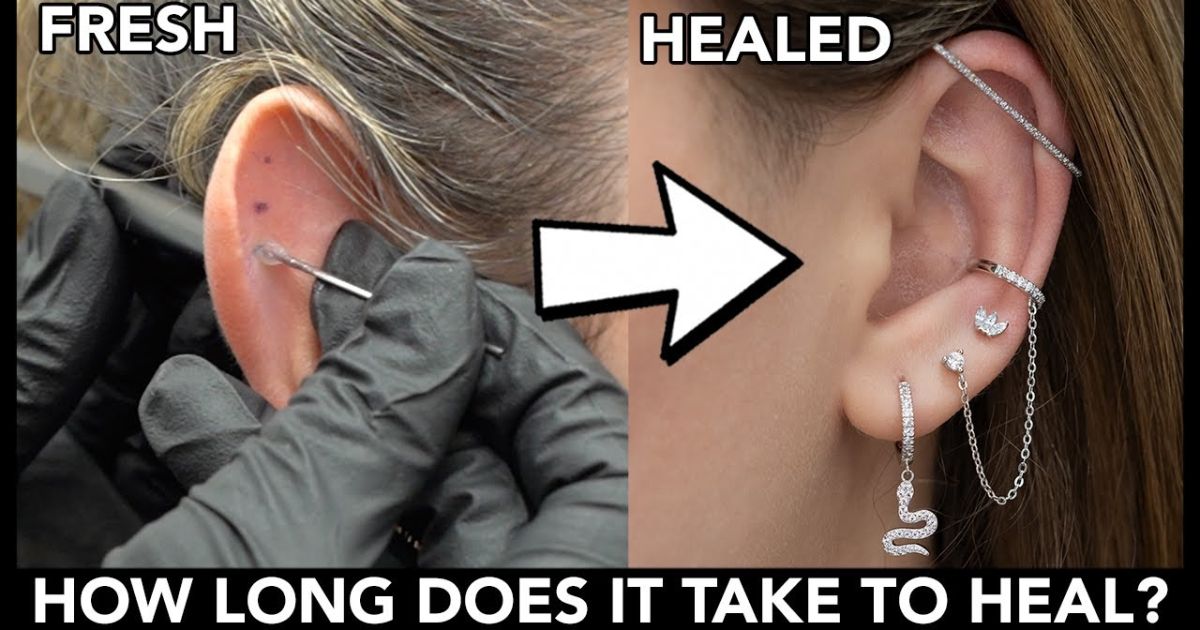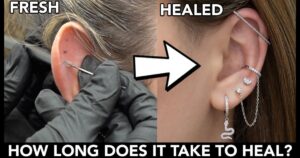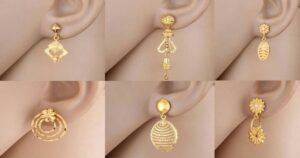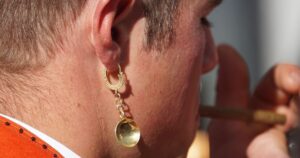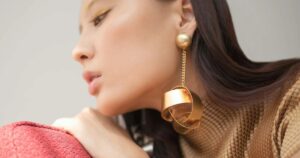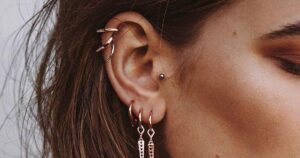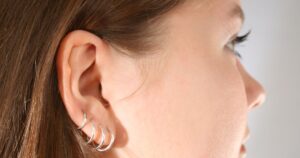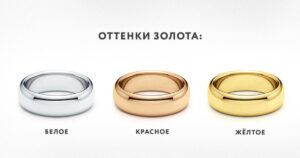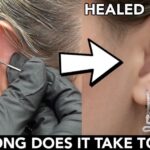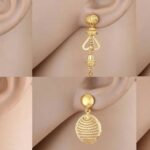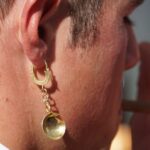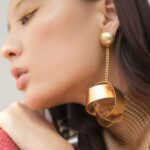Sleep on your piercings is generally safe but is recommended to be avoided. Its pressure and friction can irritate the area. Choose a comfortable sleeping position to prevent any potential discomfort or complications. the health of your pores.
Indulge in restful nights after healing as your piercing transforms into friendly sleeping companions. Embrace bedtime worry free, integrating healing into your nightly routine. Say goodbye to discomfort .Welcome a stylish worry free rest that makes post recovery sleep a breeze.
This is generally safe but it is advised to avoid excessive pressure. Use a pillow with an ear hole or sleep on your side to ease discomfort. Always prioritize the health of your piercing. Consult a professional if you have any concerns.
Brief explanation Sleep of the piercing healing process?
“The piercing healing process involves several steps that vary depending on the type of piercing. The body sees the piercing as an injury causing inflammation, redness, and swelling. 5 Things To Know Before Getting An Industrial Piercing. During the first few weeks, it is important to follow proper aftercare practices. Clean with saline, avoid excessive movement or twisting of jewelry.”
As skin heals granulation tissue forms around the hole. This tissue helps protect and strengthen the piercing site. Depending on factors such as the type of piercing and individual healing abilities. Complete healing can take several months to a year. It is important to be patient, avoid harsh cleaning solutions and avoid changing.
Can I sleep on my side after a piercing?
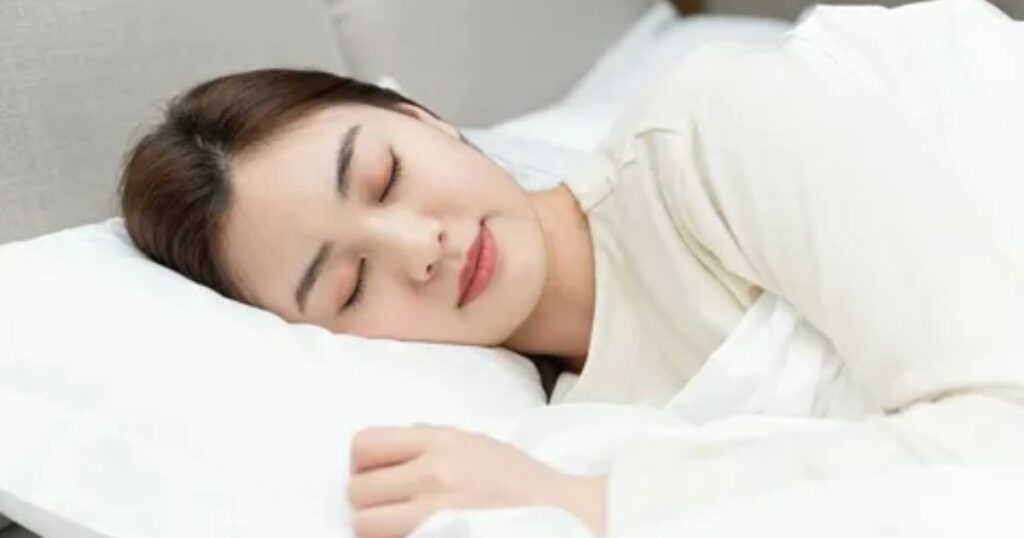
Sleeping on your side after a piercing is usually fine as long as you are careful and mindful of the new piercing. Choose a clean and comfortable pillow to reduce the risk of irritation. Make sure your hands are clean before touching the piercing.
Adjust your sleeping position or change your pillow if you experience any discomfort or irritation until the hole heals. Always follow the aftercare instructions provided by your piercer to ensure proper healing.
How long do piercings take to heal?
Healing time for piercings depends on the type of piercing and individual factors. Earlobe piercing takes about 6,8 weeks while cartilage piercing can take 4 months to a year. Facial and body piercings usually require 6 weeks to 6 months to heal.
Proper aftercare such as regular cleaning of the incision with saline solution and avoiding irritation is crucial for a smooth healing process. Everyone’s body is different and healing times may vary. Follow the piercer’s advice and be patient for a smooth healing process and successful results.
Recommended Sleeping Positions
| Step | Sleeping Position | Description |
| 1 | Back Sleeping | Lie on your back with a pillow under your head and neck, and another under your knees. This position helps maintain a neutral spine alignment and reduces pressure on your back and neck. |
| 2 | Side Sleeping | Curl up on your side with a pillow between your knees. This position is good for spinal alignment and may alleviate snoring. Choose the left side to minimize acid reflux. |
| 3 | Fetal Position | Similar to side sleeping, curl up on your side with your knees pulled toward your chest. This position can ease snoring and is especially beneficial for pregnant individuals. |
| 4 | Stomach Sleeping | If you must sleep on your stomach, use a thin pillow under your pelvis and avoid turning your head to the side. This position may not be ideal for spinal alignment but can reduce snoring. |
| 5 | Pillow Support | Regardless of position, use a supportive pillow that maintains the natural curve of your neck. Ensure your mattress provides adequate support to promote overall spinal health. |
Choosing the Right Bedding
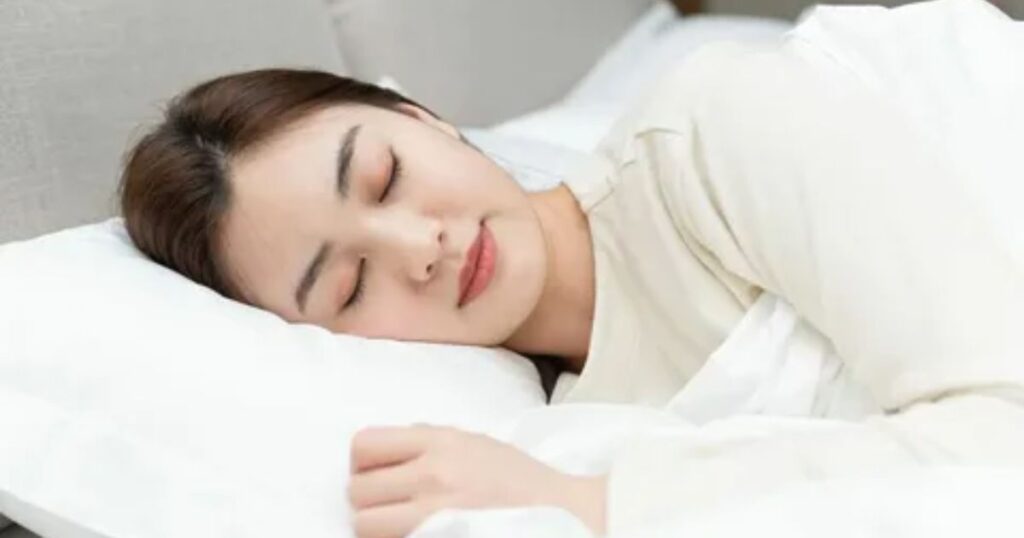
Choosing the right bed is essential for good sleep on your piercing. Think about material and thread count when choosing sheets and pillows. Choose breathable fabrics such as cotton or linen to stay comfortable. A higher thread count usually means a softer and more durable bed.
Don’t forget to consider personal preferences like texture, color and design. It makes for a comfortable and pleasant sleeping space. Take the time to choose the right mattress. This can make a big difference in the overall quality and comfort of your sleep.
Personal Experiences and Recommendations
It affects our choices in various aspects of life. Whether it’s trying a new restaurant, reading a book or choosing a travel destination. Our one-on-one meetings contribute to a unique pool of knowledge.
Sharing personal recommendations allows us to connect with others by offering insights and valuable insights. These first hand accounts serve as a guide to help others navigate their own decisions.
Personal experiences become a valuable currency. It fosters a sense of community as we exchange tips and advice. So, don’t hesitate to share your stories and recommendations. They might just inspire someone else’s next great experience.
Frequently Asked Questions
Can I sleep on my piercings after they are fully healed?
It’s generally advisable to avoid sleeping directly on healed piercings, as pressure and friction during sleep can irritate the piercing site. However, individual comfort levels may vary.
How long does it take for a piercing to fully heal?
Healing times can vary depending on the type of piercing and individual factors. On average, it may take several weeks to months for a piercing to fully heal. Sleeping on a fully healed piercing may be less risky than doing so during the initial healing period.
Are there specific piercings that are more prone to irritation during sleep?
Certain piercings, such as cartilage piercings, may be more sensitive to pressure and movement during sleep. These areas may require more maintenance and staffing. Sleeping directly on these piercings may still be uncomfortable even after they are completely healed.
What precautions can be taken to sleep comfortable with healed piercings?
Using a travel pillow or sleeping in a way that minimizes direct contact with the pierced area can be helpful. Choosing softer pillow cases and ensuring that bedding is clean can reduce the risk of irritation.
Are there any signs that sleeping on healed piercings is causing problems?
Watch for signs of irritation, redness, swelling or discomfort around the pierced area. If you notice any of these symptoms, it could be a sign that the piercing is asleep. This is causing problems and you may need to adjust your sleeping habits to prevent piercings.
Conclusion
It is generally advisable to avoid sleeping on fully healed piercings whenever possible. The risk of irritation or complications is significantly reduced compared to the healing period. Putting pressure on the piercing can still cause discomfort or affect the jewelry placement.
It is important to prioritize the health of your pores by choosing a comfortable sleeping position. This minimizes contact with the piercing area. This ensures a continuous smooth and hassle-free healing process.
